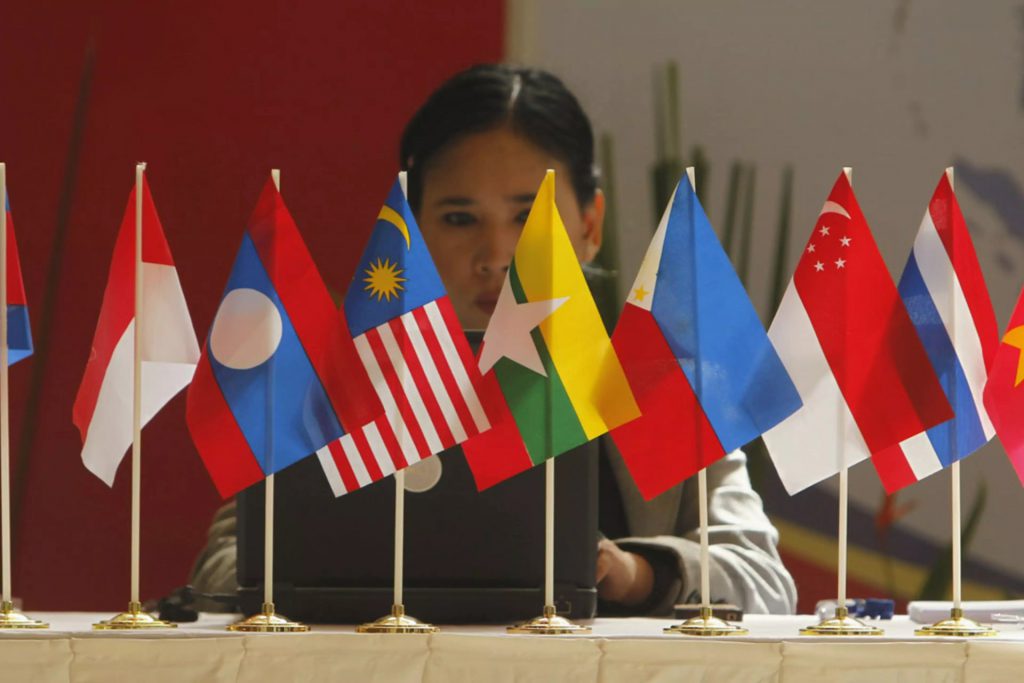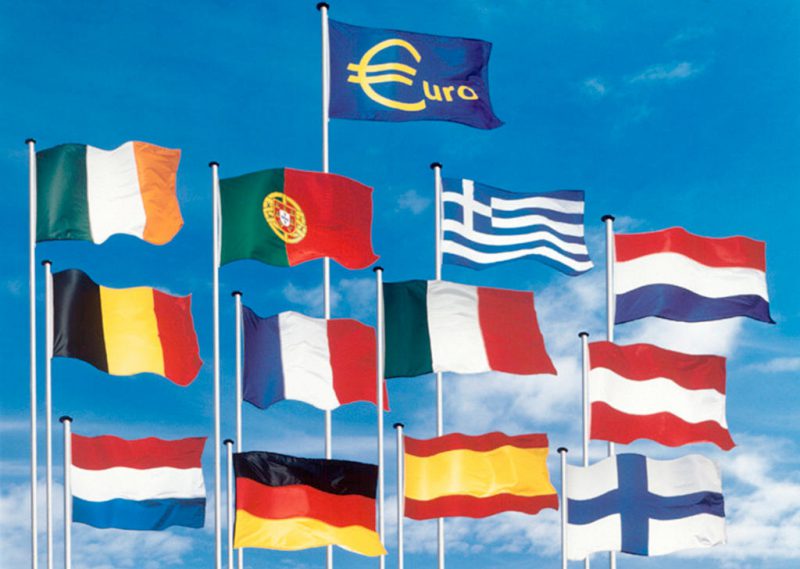At the BRICS Forum Trade in Brazil this week, Nigeria’s House Committee on Foreign Affairs, Wole Oke, called on all global alliances to stand united and join the force to topple the US dollar as the world’s reserve currency. The Foreign Minister also said that BRICS must start trading in local currencies and other alliances will follow suit.
He called for the African Union, the ASEAN bloc, MERCOSUR, and all other global alliances to join hands with BRICS and settle trade in local currencies and not the US dollar. The call to uproot the US dollar is growing lately with emerging economies looking to cut ties with the greenback.
Also Read: BRICS: 71 Countries Settled Trade Without the US Dollar
“BRICS is not a closed club. Let’s work with the African Union, ASEAN, and MERCOSUR to shape a new global trade order that is fair and inclusive,” he said to Punch Newspaper. Oke said that the traditional way of the financial sector must end ushering the world into a new era of finances.
The Minister also called for all global alliances to support one another and invest in each other’s economies. “Let’s stop depending solely on traditional markets. Let us reduce trade barriers and support one another to meet quality standards set within the bloc,” he added. The development shows that BRICS is gaining strength from many corners in its quest to bring down the US dollar.
Also Read: BRICS Moves From US Dollar Debt to RMB Bonds as Japan Buys Russian Oil
BRICS: Global Alliances Unite against the US Dollar, Says Nigerian Foreign Minister


Several African countries were already supporting BRICS from the sidelines as they decided to end reliance on the US dollar. Kenya and Nigeria have openly expressed disinterest in using the USD and showed support for trade in local currencies. Many other countries in Africa could join the bandwagon adding pressure on the prospects of the US dollar. The upcoming decade could be different from what we know of today as emerging economies are taking the driver’s seat.





